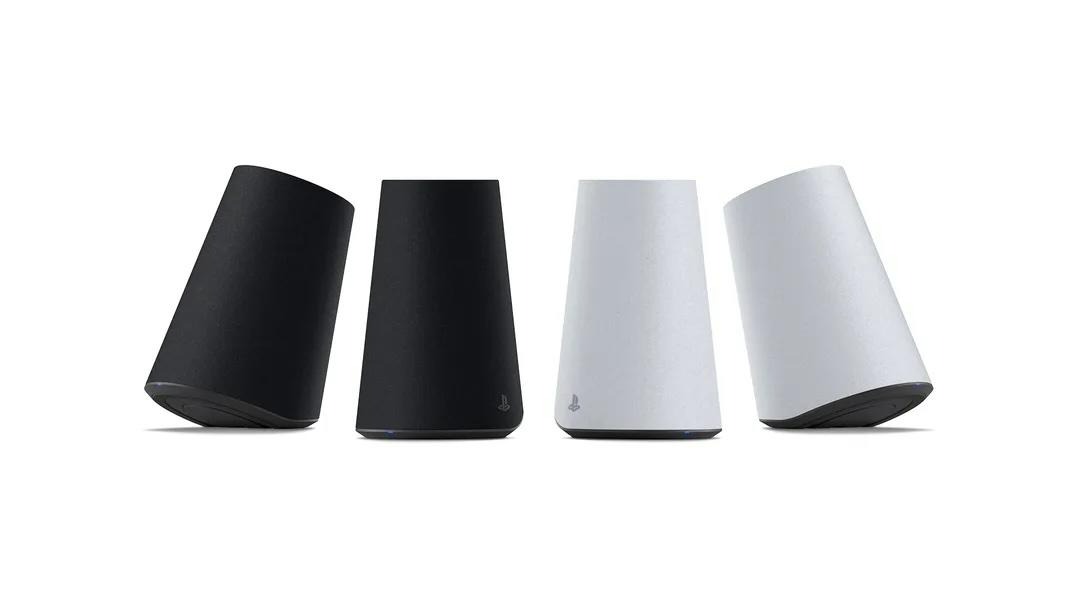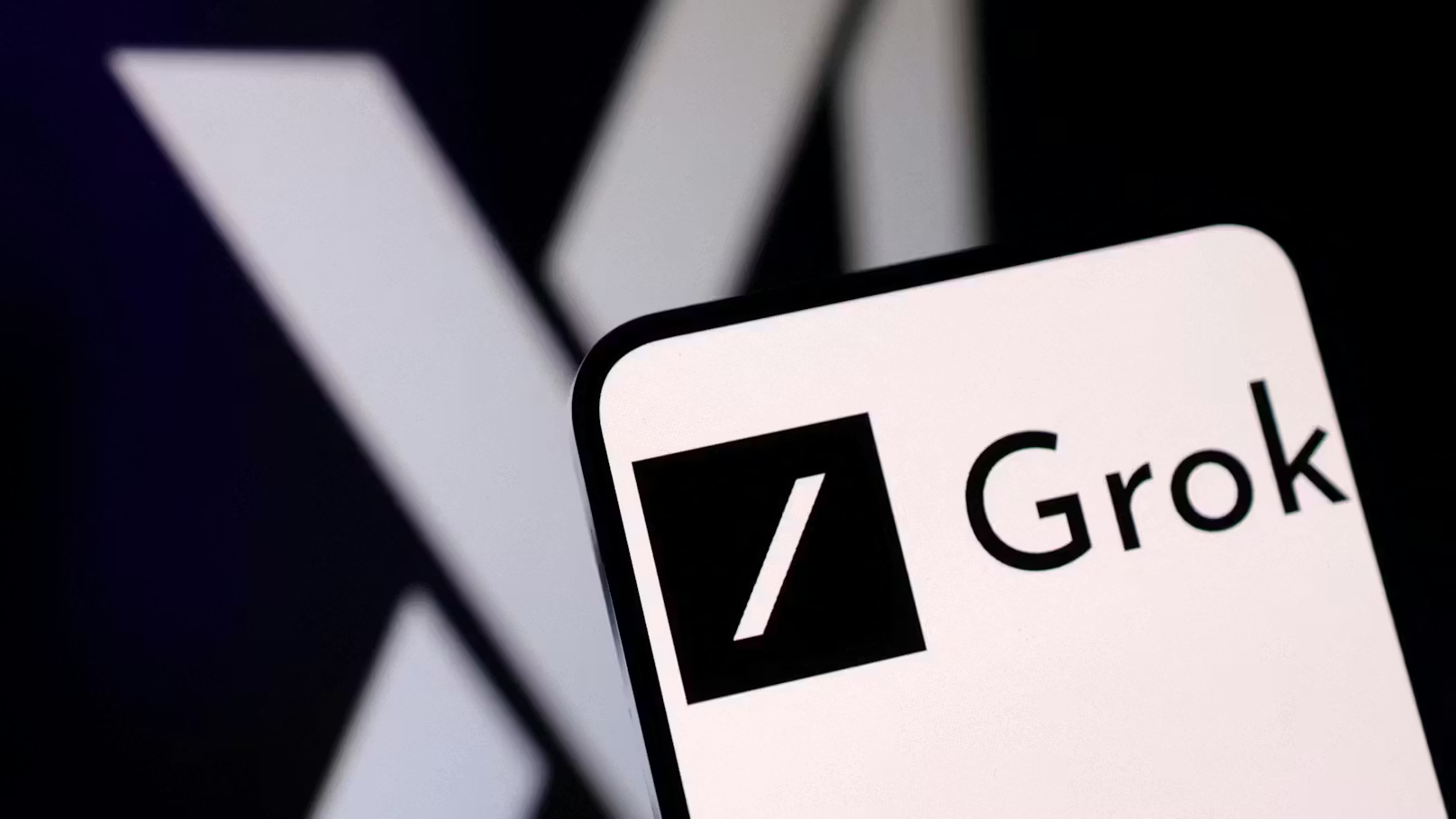Gaming marathons shouldn’t require headset imprisonment, yet most desktop speakers sounds like it’s trapped in a tin can. Sony’s PlayStation Pulse Elevate wireless speakers finally address this contradiction, marking the company’s first serious attempt at desktop gaming audio beyond their headset empire.
Studio-Grade Audio Meets Gaming Demands
These aren’t your typical Bluetooth speakers with gaming branding slapped on. The Pulse Elevate features studio-inspired planar magnetic drivers—the same technology found in high-end recording equipment—paired with integrated woofers for bass response. PlayStation Link technology delivers ultra-low latency, lossless wireless transmission that actually matters during competitive gaming. No more audio lag throwing off your timing in rhythm games or FPS matches.
Desktop Dock Meets Portable Freedom
Sony designed a dual-use system that makes sense. Desktop charging docks keep the speakers powered during extended gaming sessions while providing optimal positioning for room-filling sound. Lift them off the docks and they become portable speakers for PlayStation Portal gaming or casual listening anywhere. Battery life specs remain vague (“hours” of use), but the concept addresses a real gap in portable gaming audio.
Cross-Platform Audio Without Platform Wars
The Pulse Elevate connects to PS5, PC, Mac, smartphones, and TVs through either PlayStation Link or Bluetooth—sometimes simultaneously. You can game on PS5 while monitoring Discord notifications from your phone. The right speaker houses an AI-enhanced microphone for voice chat, eliminating the need for separate headset gear during casual multiplayer sessions. Tempest 3D AudioTech support on PS5 adds spatial audio depth that typical desktop speakers can’t match.
2026 Launch Leaves Questions Hanging
Sony announced these speakers for 2026 without revealing pricing, creating plenty of speculation time. Given the Pulse Elite headset costs $150 and Pulse Explore earbuds run $200, expect premium positioning that could challenge dedicated audiophile desktop setups—potentially in the $300-400 range compared to competitors like the Razer Nommo Pro. The extended timeline suggests Sony is serious about getting the engineering right, but also means competing products will have time to respond. Desktop gaming audio is about to get significantly more interesting.




























